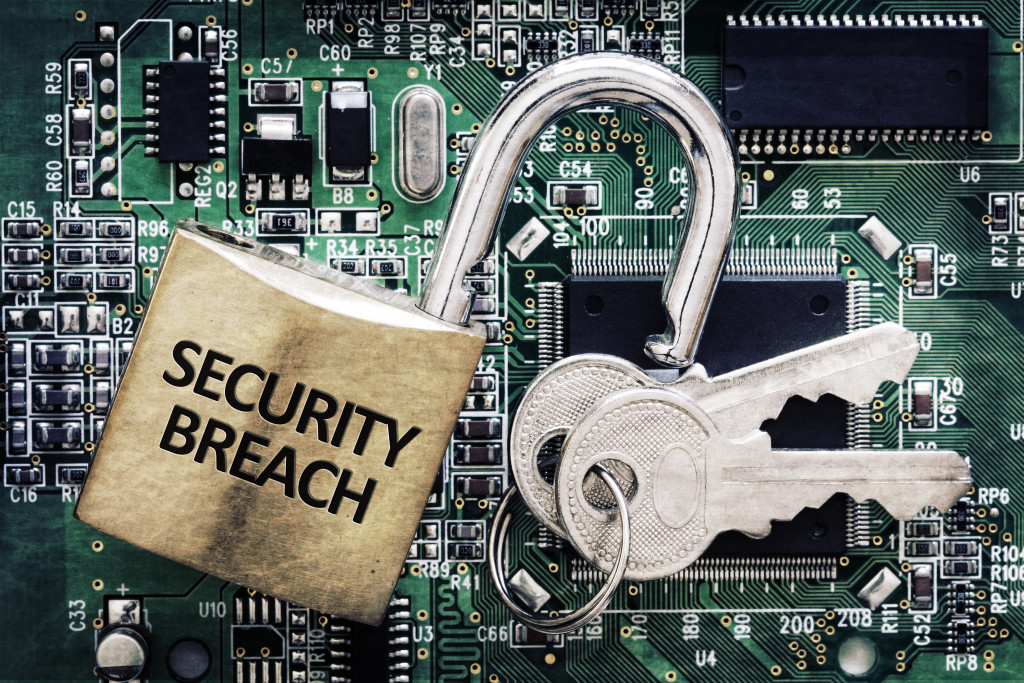In recent years, data privacy has become a hot-button issue. With high-profile data breaches making headlines regularly, it’s no wonder that people are concerned about their online privacy. But what exactly is data privacy? And what can you do to protect your information? Here’s everything you need to know about data privacy.
What is data privacy, and why should you care about it?
Data privacy is the protection of personal data. Personal data is any information that someone can use to identify an individual.
This includes your name, address, date of birth, and even your IP address. When you browse the internet, you leave a digital trail of personal data behind. This data can be collected and used without your knowledge or consent.
Most people are unaware of just how much personal data they share online. For example, did you know that people can use your IP address to track your location? Or that they can sell your browsing history to advertisers without your consent? These are just a few examples of how your data can be misused.
That’s why knowing how your data can be collected and shared online is essential. It’s also important to know what rights you have when it comes to your data.
How can you protect your data privacy online and in the real world?
Data privacy is increasingly important in both the online and offline realms. Solutions such as up-to-date antivirus and anti-malware software are essential to protect your data privacy.
Taking specific measures with passwords when accessing computers and mobile devices is also essential – avoid using simple passwords like dates or names, as hackers can easily guess these. When shopping or banking online, ensure the website’s SSL connection is secure by providing the URL that begins with “HTTPS.”
Moreover, protecting your data privacy in the real world requires reliable data privacy tools. Combining security measures, such as encryption and authentication, with reliable digital technologies can help protect your personal information from access by malicious actors.
It is also important to deploy good security practices such as using passwords to secure accounts, monitoring credit reports for suspicious activity, minimizing private information shared with other people, and signing up for two-factor authentication on important accounts.
Staying up-to-date on the latest developments in data privacy tools and continually updating safety measures is necessary to keep your personal information safe in the modern world.
What risks of not protecting your data privacy, and how can they be avoided or minimized?
The risks associated with not protecting your data privacy can be far-reaching and serious. Without proper safeguards, malicious actors could gain access to the vital personal and financial information that exposes you to various forms of fraud.
Hackers may also exploit any security gaps through malware or ransomware to seize control of a network or device, leading to costly downtime for a business.
Additionally, poor cybersecurity practices can lead to non-compliance with government regulations which carry hefty fines and reputational damage if sensitive customer data is compromised in a breach.
When protecting sensitive data, the best action is to take an active stance and be proactive. It is important to encrypt information with strong passwords and practice proper authorization control methods.
You should also have secure file storage and backup, deploy safety protocols like firewalls and malware protection, segment networks where feasible, and use trusted third-party security solutions.
Consistent user education is also crucial, including training around spotting phishing emails and other cyber threats. Doing all these things helps reduce the risk of exposed data and sets a culture of security within organizations in motion.
What are the different types of data privacy policies?
Data privacy policies are an important part of modern life. Depending on the nature of an organization’s business, they range from basic to robust. At their core, however, data privacy refers to a set of rules and guidelines that ensure the safety and security of personal and confidential information.
Common types of data privacy policies include those for social media networks, software applications, companies with digital platforms, government agencies, banking institutions, and healthcare providers.
Data breach notifications are a critical component of any comprehensive policy, providing notice to affected individuals in the event of unauthorized access or tampering with that person’s private information.
Fines associated with non-compliance can be costly, so organizations must adhere strictly to evolving data privacy regulations.
What to do if your personal data is compromised?
If your personal data is compromised, taking swift action is the most important thing to do. Notify the companies or entities whose systems were affected so that they can protect other potential victims and start monitoring their systems for suspicious activity.
Furthermore, promptly change all your passwords, especially the ones used on impacted accounts. You should also monitor your financial statements, and credit score for any unusual activity since breach victims are often targets of identity theft.
Although dealing with a data breach can be incredibly stressful, taking these steps can help protect you from further exploitation.
Data privacy is a critical issue in the modern world. Staying up-to-date on the latest data privacy tools and safety measures is necessary to keep your personal information safe. Implementing various safeguards, such as strong passwords and encryption, can help reduce the risk of your data being compromised. If you experience a data breach, take swift action by notifying affected companies and changing your passwords.

